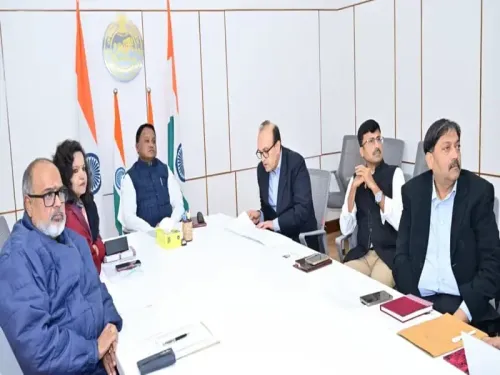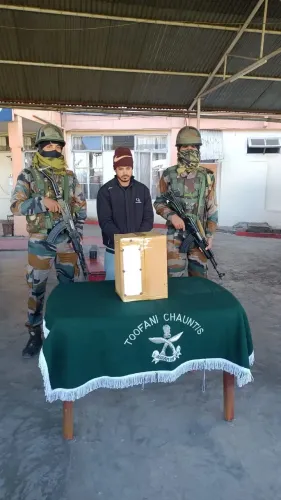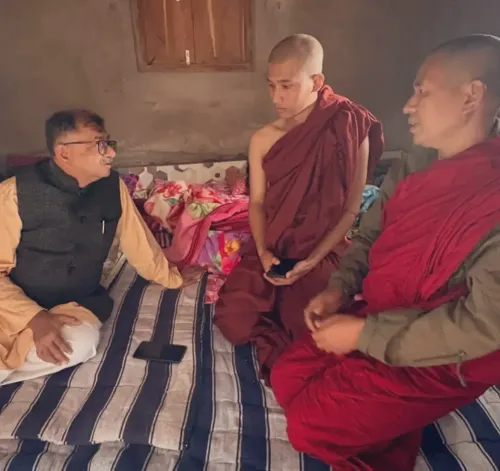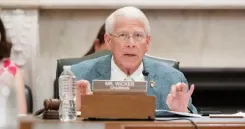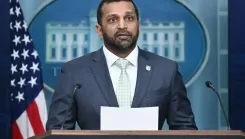What Questions Did Abhishek Banerjee Pose to the Centre Regarding the Pahalgam Massacre?
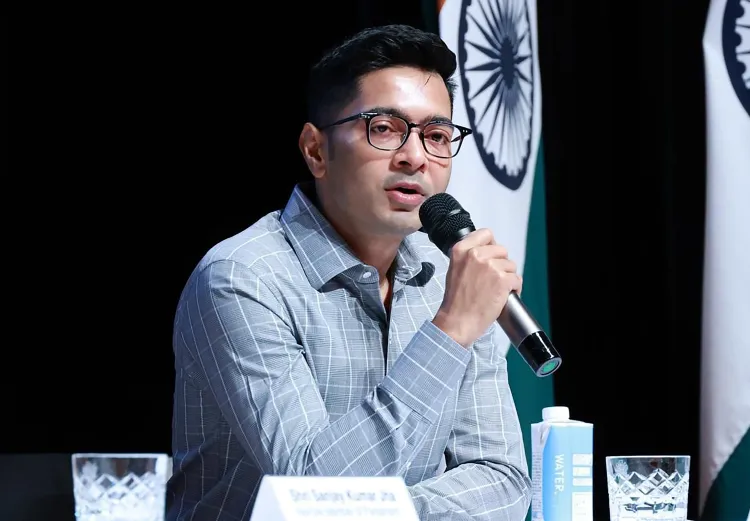
Synopsis
Key Takeaways
- Five critical questions raised by Abhishek Banerjee regarding the Pahalgam massacre.
- Concerns over national security and intelligence accountability are highlighted.
- Banerjee challenges the government's response to international claims.
- The need for transparency and accountability in governance.
- Public engagement is essential for democratic accountability.
Kolkata, June 16 (NationPress) – On Monday, Trinamool Congress General Secretary and Lok Sabha member Abhishek Banerjee raised five critical inquiries directed at the Centre concerning the horrific terror attack in Pahalgam, Jammu & Kashmir (J&K), where Hindu tourists were selectively targeted in April of this year.
In a post shared on his official X account, Banerjee criticized both the Opposition parties and the media for not demanding answers from the Union government regarding these pivotal questions.
“It has been over 55 days since the Pahalgam terror attack. It is alarming that in a democratic setup, neither the mainstream media, nor the Opposition members, or the judiciary have sought to address these five vital questions before the Government of India. As a responsible citizen and public representative dedicated to the nation’s welfare, I present these five queries to the Government of India,” Banerjee's statement emphasized.
“The first question is: How did four terrorists successfully infiltrate our borders and execute an attack that claimed the lives of 26 innocent civilians? Where is the accountability for this significant breach of national security?” he queried.
“If this incident was a result of Intelligence failure, why was the Intelligence Bureau chief granted a one-year extension, only a month after the incident? Why is he being rewarded instead of facing consequences? If the Government of India can utilize PEGASUS spyware against Opposition leaders (including myself), journalists, and even judges, what hinders it from deploying these resources against terrorist networks?” read his second question.
The third inquiry focused on the status of the four terrorists responsible for the Pahalgam massacre.
“What is the current status of the four terrorists who orchestrated this brutal, religion-fueled massacre? Are they deceased or alive? If they have been neutralized, why hasn’t the government issued a definitive statement on the matter? If they are still at large, why the silence?” he questioned.
In his fourth query, Banerjee sought a concrete timeline from the Union government regarding the objective of integrating Pakistan-occupied-Kashmir (PoK) into India. He also asked why India did not officially address the U.S. President’s assertion that he influenced India into a ceasefire with promises of trade.
“As the nation united across caste, creed, religion, and political lines to celebrate the triumph of righteousness and honor the bravery and sacrifices of our armed forces, why were the sentiments of 1.4 billion Indians overlooked? What prompted this compromise?” his fourth question asserted.
The fifth and concluding query was more complex, addressing global diplomatic matters.
Banerjee demanded clarity on how many of the 33 nations that were contacted post-Pahalgam massacre explicitly supported India.
“If we are genuinely a 'Vishwaguru' and the world’s fourth-largest economy, why did the IMF and World Bank approve $1 billion and $40 billion in financial aid and long-term investments to Pakistan immediately following the Pahalgam attack? How did a nation with a history of cross-border terrorism evade global scrutiny and receive rewards?” Banerjee questioned.
He also queried how Pakistan managed to become the vice-chair of the UN Security Council’s Counter-Terrorism Committee just a month after the Pahalgam tragedy.
“Over ₹2000000000000 (two lakh crores) has been allocated for external affairs in the past decade. The Indian populace deserves transparency, accountability, and tangible results, not silence and deflection! The nation is awaiting a response!” concluded Banerjee's inquiries.



